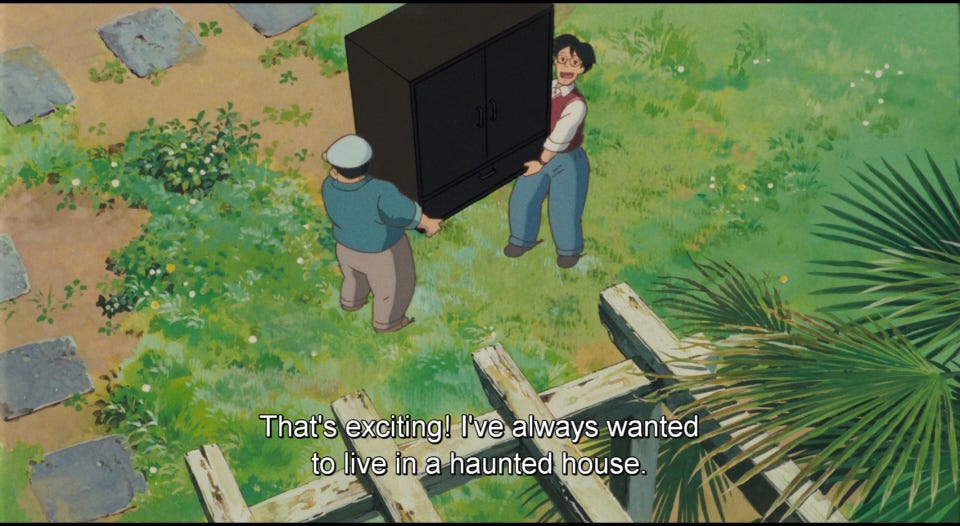Q&O: "My family won't tolerate subtitles. What do I do?"
In this edition of Question and Overstreet, a Give Me Some Light reader asks about how he might inspire his family to watch films and shows with subtitles on.
This comment appeared as a response to one of my recent film reviews:
Any tips on getting people who don't watch subtitled films to watch them? I have no issue with sub titles (when John Woo is one of your favorites you must embrace them), but neither my wife or daughter will watch subtitled films. They're missing out on so much cool stuff!
I feel my friend’s pain! In my film courses at Seattle Pacific, I almost always run subtitles for a variety of reasons. And whenever I activate them, I hear a few groans from students.
But I’m also well aware that other students are relieved when I do that — for a variety of reasons.

First, the classes tend to be diverse, with many who are learning English as a second language.
Second, the sound systems for our film projection are poor at best — they’re not designed to effectively accommodate the complex surround-sound audio, and dialogue is often buried in the mix. (This is even true in state-of-the-art cinemas these days. Both times I’ve seen Spider-Man: Across the Spider-Verse, I’ve had great difficulty hearing Spider-Gwen’s voice during the first 20 minutes of the film, and she’s narrating throughout that span!)
And third, I want viewers to be able to jot down lines that they find significant so that we can revisit and discuss them. Onscreen text helps them take better notes.
An English-language film like Jim Jarmusch’s Paterson benefits from onscreen subtitles for another reason: The characters often speak quietly, sometimes they even mumble. When I started playing this film in class with subtitles, I was thinking of my students, but I was surprised by how much my own experience was enhanced. I caught so many important lines that I’d always missed before. And it’s so important that we hear the opening lines half-whispered by Laura (Golshifteh Farahani): “I had a beautiful dream. We had two little children. Twins.” It’s easy to miss them if the volume isn’t properly adjusted right from the start. And they will bear a significant connection the very first line of poetry we’re given in the film a minute later: “We have plenty of matches in our house.” These words represent the protagonist’s thoughts as he begins to compose a poem in his mind. A few minutes later, we will see these words onscreen in handwritten script — and this happens even without the subtitles turned on! — to represent words he has written in his journal.
Viewers who sense a relationship between these lines will have an advantage: They’ll be on a meaningful path regarding the kind of attention this movie demands, the kinds of details that are significant, and the kinds of connections we need to learn to make to get the most out of this film about poetry.
Keep reading with a 7-day free trial
Subscribe to Give Me Some Light to keep reading this post and get 7 days of free access to the full post archives.





